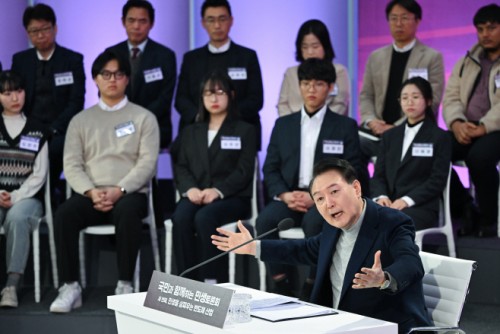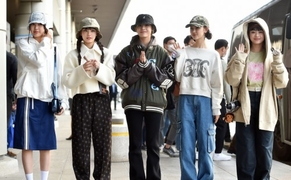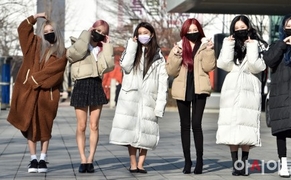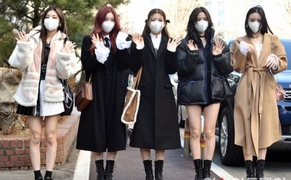 |
| President Yoon Suk-yeol speaks during a public debate at the Natural Sciences Campus of Sungkyunkwan University in Suwon, south of Seoul, on Jan. 15, 2024, to discuss ways to improve people’s livelihoods through semiconductor-related sectors./ Courtesy of Presidential Office |
By AsiaToday reporter Hong Sun-mi
President Yoon Suk-yeol said on Monday that the government would pour in every possible resource to win a war in chips, and pledged to foster the chip industry by extending the expiration of tax incentives to companies investing in chip-making and increasing the R&D budget next year.
“We expect a total initial investment of about 622 trillion won (US$470.82 billion) in the semiconductor mega cluster and the creation of at least 3 million quality jobs over 20 years,” Yoon said during a policy debate held at Sungkyunkwan University’s Natural Sciences Campus in Suwon, 30 kilometers of Seoul, the third in a series of debates on people’s livelihood issues.
Samsung Electronics and SK hynix have decided to invest 622 trillion won by 2047 in a mega chip cluster to be built in cities across southern Gyeonggi Province, including Pyeongtaek, Hwaseong, Yongin and Icheon. The government aims to fully support the cluster.
Yoon vowed to extend tax credits for investments in the chip industry, and refuted criticism that the scheme favors conglomerates. “I think we have to make it clear that such talk is nothing but false instigation,” he said. “If tax credits lead to greater investment by semiconductor businesses, all businesses in the same ecosystem will greatly increase their profits and jobs, leading to an increase in state tax revenues.”
Yoon highlighted the importance of nuclear power generation that supports high-tech industries such as chips and electric vehicles, disputing the signature nuclear phase-out policy of his predecessor, Moon Jae-in.
“We need a 1.3-gigawawtt nuclear reactor to operate a foundry, because a single line consumes more electricity than cities like Daejeon or Gwangju, which has a population of 1.4 million,” he said. “A nuclear phase-out will come at the cost of cutting-edge technology development.”
In his closing remarks, Yoon credited Samsung’s late founder Lee Byung-chull, as well as former President Park Chung-hee, with paving the way for the country’s rise to a global chip powerhouse.
“It is difficult to predict how well it would create opportunities for future generations in the early days,” Yoon said, adding, “How much opportunity this investment in chip industry gave future generations back then?”
#semiconductor #mega chip cluster #Samsung #SK hynix
Copyright by Asiatoday
Most Read
-
1
-
2
-
3
-
4
-
5
-
6
-
7





















